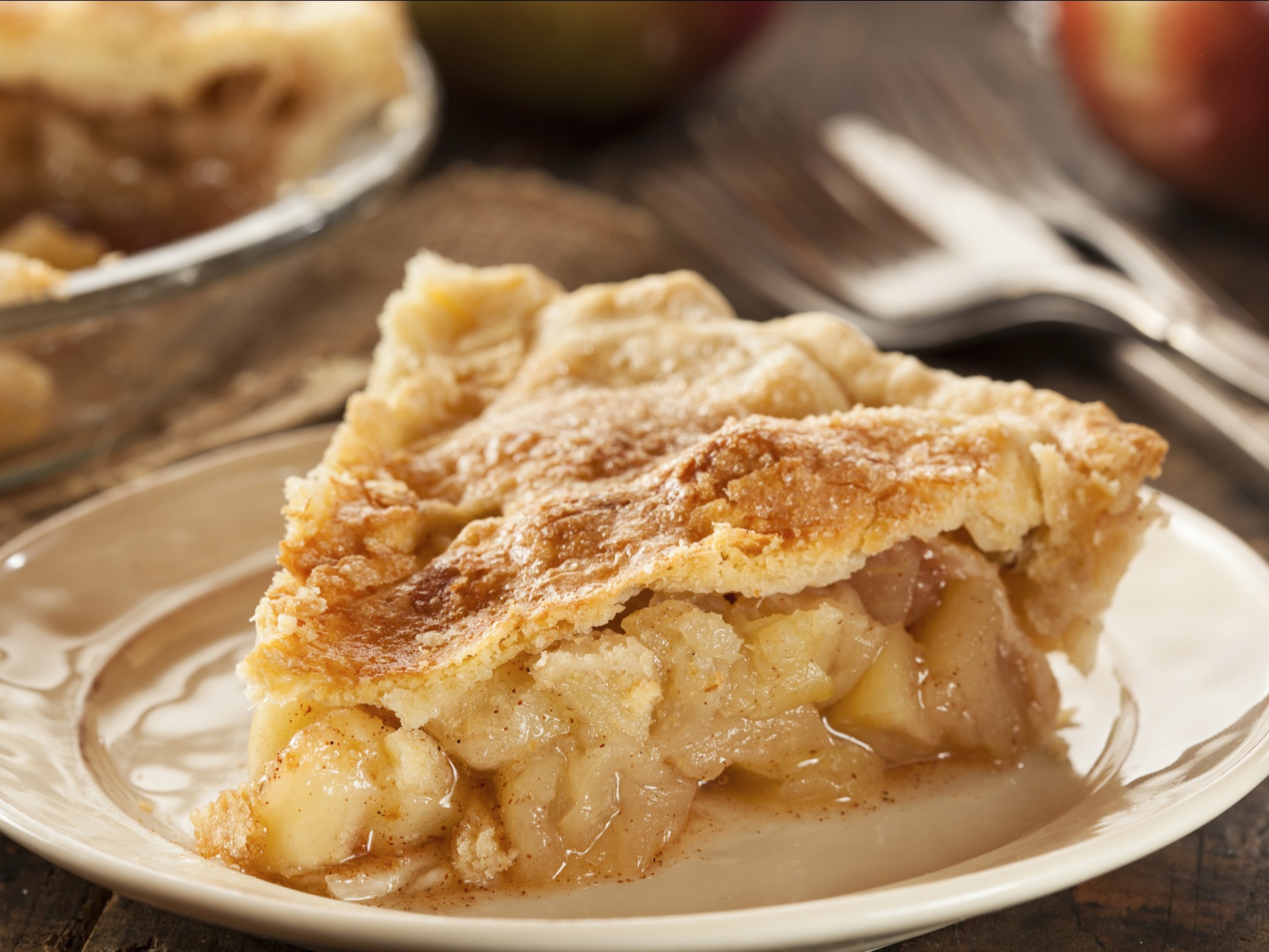- The USDA says food that has been left out of the fridge for more than two hours should be thrown away.
- At room temperature, bacteria grows incredibly fast and can make you sick.
- Reheating something that has been sitting at room temperature for longer than two hours won’t be safe from bacteria.
- There are some types of foods that don’t necessarily need to be stored in the fridge and some things like bread, that shouldn’t be kept in the fridge at all, so if you leave them out overnight, they’re still safe to eat.
You’ve probably accidentally left food out on your kitchen counter overnight at least once or twice, but is it still safe to eat?
According to the USDA, food that has been left out of the fridge for more than two hours should be thrown away. That’s because between 40° F and 140° F (what the USDA calls the “Danger Zone”), bacteria grows incredibly fast and can make you sick.
However, there are types of foods that don’t necessarily need to be stored in the refrigerator or won’t be as harmful to you if you leave them out for a while. Some foods, like bread, shouldn’t even be stored in the fridge in the first place.
Read on to find out what foods are still safe to eat after they’ve been left out overnight and be sure to throw out anything else that’s been left out for longer than two hours, or one hour if it’s a hot day.
Bread shouldn't be put in the refrigerator at all.

Though some people believe putting bread in the fridge makes it last longer, it actually does the opposite. Bread kept in the fridge goes stale, according to StillTasty.com, because the cooler temperatures dry it out.
On the counter, bread generally lasts for about a week, but freezing your bread is a safe way to help it last longer.
Certain kinds of pies are safe to leave out for a couple of days before refrigerating them.

Fruit pies are safe to leave at room temperature for two days before refrigerating them as long as they're covered. After that, they can be put in the fridge for another two days before going bad, according to kitchn.
However, pies that have custard or cream fillings should be kept refrigerated at all times and pies made with eggs (such as pumpkin pie or pecan pie) can be warmed up to be served, but should be stored in the fridge.
Pasteurized, salted butter can be left at room temperature for a couple of days.

Though other dairy products have to be stored at or below 40° F to avoid going bad, pasteurized, salted butter is the exception because of its high-fat content, according to an FDA report.
Even though it is unnecessary, refrigeration does help the butter last longer, according to State Food Safety, which also said butter can be left out from a couple of days up to 10 days.
However, homemade or unpasteurized butter should always be kept refrigerated.
Certain condiments don't need to be refrigerated all the time, even after they've been opened.

Condiments like soy sauce, vinegar-based hot sauces and honey shouldn't be refrigerated at all, according to MSN. Meanwhile, ketchup and mustard can be kept in the fridge, but won't be harmful if they're left out overnight, even if they've been opened.
Dijon and horseradish-based mustards should stay in the fridge, but because yellow mustard doesn't have ingredients that spoil, it can stay out, though it may lose flavor, according to the outlet.
Leaving out opened bottles of ketchup has been a question of debate, but it can be kept out of the fridge for up to a month.
Opened containers of mayonnaise, tartar sauce and horseradish should be kept in the fridge. If they are kept at a temperature of 50 °F or more for longer than eight hours, they should be thrown away, according to FoodSafety.gov.
Cheeses can stay out for up to six hours and hard cheeses can stay out even longer.

According to research done in Wisconsin, cheese can stay out for up to six hours at 70°F or cooler without growing life-threatening amounts of bacteria. Hard cheeses like parmesan can even be out for 24 hours safely, Marianne Smukowski from the Wisconsin Center for Dairy Research told Bon Appetit.
However, cheeses may also start to dry out and not look as appealing if they are left out for more than a couple of hours.
There are many raw, uncut fruits that don't have to be stored in the fridge at all.

Bananas, grapefruit, lemons, limes, mangoes, oranges, papaya, pineapple, pomegranates, watermelon, and apples can all be kept out of the fridge, according to Spoon University. However, after seven days, you should move your apples to the fridge to keep them fresh.
Other fruits that should start on your counter, but be moved to your fridge include avocados, peaches, plums, nectarines, and kiwi.
If you cut or cook any of these fruits, though, they should be immediately stored in the fridge to avoid bacterial growth.
Some raw, uncut vegetables can be stored on your counter instead of the fridge.

Peppers, cucumbers, eggplant, garlic, and ginger don't have to be stored in your fridge and onions, tomatoes and potatoes should not be stored in the fridge at all, according to Spoon University.
Onions and tomatoes can start to grow mold if they're kept in the fridge and the cooler temperatures break down the starch in potatoes and make them get grainy.
Visit INSIDER's homepage for more.
